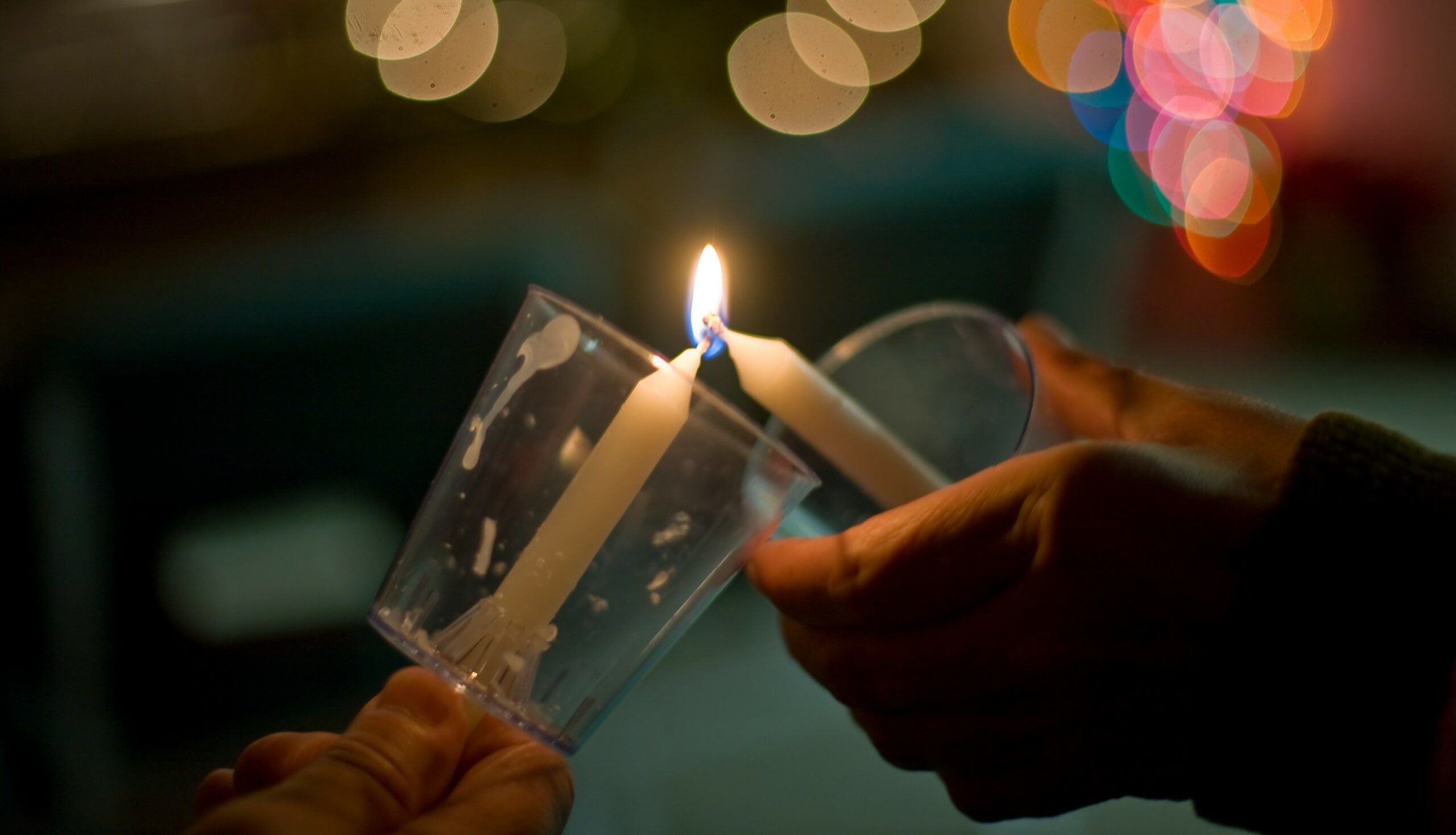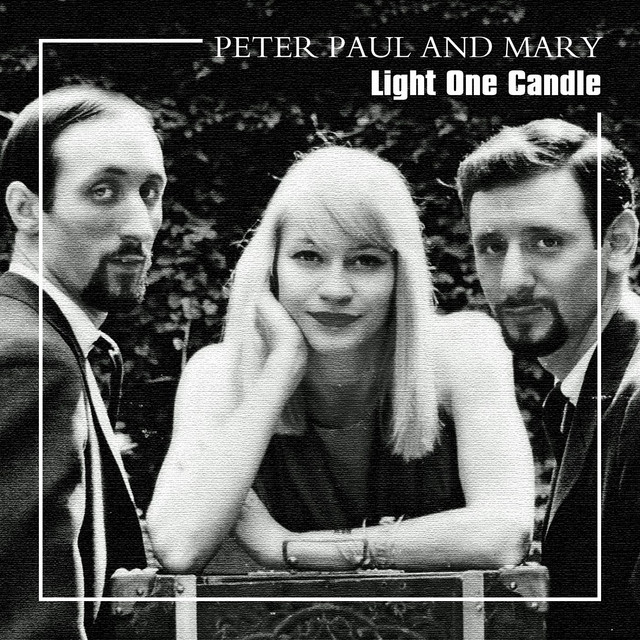
“One candle can light a thousand other candles and still remain lit itself. Be that candle.” —James Altucher
The tale of the starfish is often told:
A young girl was walking along a beach where hundreds of starfish had been washed up during a terrible storm. When she came to each starfish, she would pick it up and throw it back into the ocean.
People watched her with amusement. She had been doing this for some time when a man approached her and said, “Little girl, why are you doing this? Look at this beach! You can’t save all these starfish. You can’t begin to make a difference!”

The girl seemed crushed, suddenly deflated. But after a few moments, she bent down, picked up another starfish, and hurled it as far as she could into the ocean. Then she looked up at the man and replied, “Well, it made a difference for that one!”
The old man looked at the girl inquisitively and thought about what she had done. Inspired, he joined the little girl in throwing starfish back into the sea. Soon others joined, and all the starfish were saved.
We’re living through dark days right now, dominated by remarkably tragic events and conditions that leave many of us feeling hopeless and helpless. The carnage of the Israeli-Hamas war in Gaza has dominated the news cycle for more than a month, interrupted only briefly by the abject horror of a mass shooting in the State of Maine. Horror upon horror. Could we ever imagine this?
Concerns about climate change, political ineptitude systemic racism–deeply worthy concerns, indeed—barely get mention. The man on the starfish-filled beach expresses the lament of many of us: You can’t begin to make a difference!
Psychologists have a term for this trauma-induced paralysis: tonic immobility (psychocentral.com/health/trauma). It’s like being frozen by fear.
Whole organizations, like local churches, can become frozen, seemingly unable to do anything, when overwhelmed by trauma. Skilled, perceptive and compassionate leaders must light a spark to thaw that paralysis by offering opportunities for individuals and communities to make an immediate difference, even a small one, and then another, and another.
One step, one starfish, one toss, and then another. One shining light. Don’t just stand there. Do something!
My wife Joan and I learned that one of the victims in the Lewiston, Maine, shootings was a young man who has dedicated his life to the service of deaf teenagers. We decided to make a financial gift to support a scholarship fund for one deaf student to attend a specialized week of summer camp in Maine each August. We can’t foot the total bill of $1,800.00. But if you or your congregation wish to help, be in touch with me.
We can’t restore life to the 18 victims, nor assuage the profound grief of their families. But working with a small United Methodist church in the community, and knowing the power of God to transform young lives through summer camp, we can do SOMETHING.

Peter Yarrow (of the 1960’s folk singers “Peter, Paul, and Mary”) wrote a song in 1982 as a pacifist’s response to the Lebanon War. He called it “Light One Candle,” and he lifted the hope that each singular, gentle, selfless action could swell into a wave of peace.
“We have come this far always believing that justice would somehow prevail,” they sang. “This is the burden. This is the promise.”
Our world today is shockingly unsettled. Don’t let your congregation be paralyzed by despair. Leaders create opportunities, however modest, for mobility and response. Light one candle.
Offer a gift and encourage others to join you in such benevolence. Hold a prayer vigil. Engage in conversation—at first one-on-one, then with a small group and then a larger group. Light your one candle so that others may light theirs.
Find your starfish and make a difference for that one. Do what leaders do: set an example that others can follow. Be that candle.
Questions for Reflection
Q. How has your congregation promoted conversation around the traumatic issues of today, thus lessening the isolation and despair that many individuals feel?
Q. Where have you seen one act of kindness or generosity motivate other, similar actions—maybe even some unplanned response by yourself?
Q. With the world watching, how might your church light one candle right now. How can you throw back and save one starfish. What initial step can you take toward building the peaceable kingdom (Isaiah 11:1-9) that God yearns to welcome?
